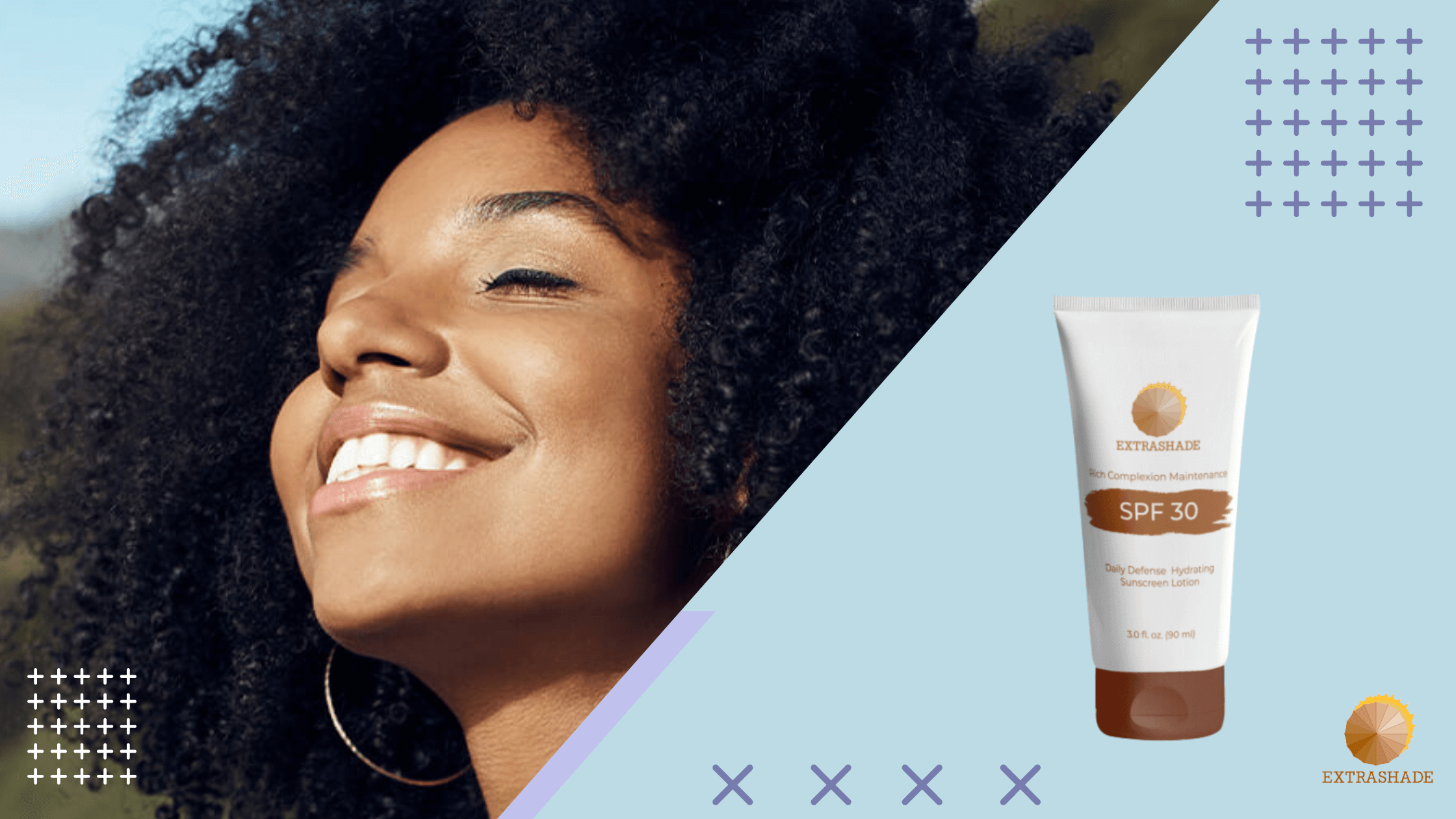Sunscreen is your skin’s best friend on a sunny day. It acts as a shield, protecting you from the sun’s harmful ultraviolet (UV) rays that can cause sunburn, premature aging, and even skin cancer. In short, sunscreen is a must-have for anyone who spends time outdoors, no matter the season.
In this article, we will tell you what does sunscreen do actually? So, without further ado, let’s dig deeper.
Benefits of Sunscreen Use
Sunscreen is a lotion, spray, or gel that absorbs or reflects sunlight’s ultraviolet (UV) rays. Here are some of the benefits of using sunscreen:
- Reduces Skin Cancer Risk: Skin cancer is the most common cancer in the United States, and exposure to UV rays is a major risk factor. Sunscreen can help protect your skin from these harmful rays and reduce your risk of developing skin cancer.
- Prevents Sunburns: Sunburns are painful and can damage your skin. Sunscreen can help prevent sunburns by absorbing or reflecting UV rays.
- Reduces Signs of Aging: Sun exposure can cause premature aging, such as wrinkles, fine lines, and age spots. Sunscreens can help protect your skin from these signs of aging.
- Improves Skin Tone: Sun exposure can also cause uneven skin tone, such as dark spots and hyperpigmentation. Sunscreen can help improve your skin tone by protecting your skin from UV rays.
- Protects Eyes: UV rays can also damage your eyes. Wearing a hat and sunglasses that block UV rays can help protect your eyes from the sun.
To benefit from sunscreen most, use a broad-spectrum sunscreen with an SPF of 30 or higher. Apply sunscreen generously and evenly to all exposed skin 15 minutes before going outdoors. Reapply sunscreen every two hours, or more often if you are sweating or swimming.
What Does Sunscreen Do?
Sunscreen is a protective product that helps shield your skin from the harmful effects of the sun’s ultraviolet (UV) radiation. Here’s the rundown on how sunscreen works:
I. UV protection
Sunscreens contain active ingredients that absorb, reflect, or scatter the sun’s UV rays, preventing them from penetrating deep into the skin.
II. Types of UV rays
- UVB rays: These are responsible for causing sunburns and play a key role in developing skin cancer.
- UVA rays: These rays penetrate deeper into the skin and contribute to premature skin aging, wrinkles, and potentially skin cancer.
III. SPF (Sun Protection Factor)
Sunscreen products are carefully marked with a Sun Protection Factor (SPF) value, serving as an indicator of their efficacy in shielding the skin from harmful UVB rays. This numerical rating system signifies the level of defense offered by the sunscreen.
IV. Broad-spectrum protection
Look for sunscreens that are labeled “broad-spectrum,” which means they protect against both UVB and UVA rays.
V. Application
Sunscreen should be applied liberally and evenly to all exposed skin areas about 15-30 minutes before sun exposure. It should be reapplied every 2 hours, or more frequently if you’re swimming or sweating.
Conclusion
Sunscreen is a topical product that helps protect the skin from the harmful effects of ultraviolet (UV) radiation from the sun. It works by absorbing, reflecting, or scattering the sun’s UV rays before they can penetrate and damage the skin cells. The active ingredients in sunscreen either physically block or chemically absorb the UV rays.
When applied properly and in sufficient amounts, sunscreens can help prevent sunburns, premature skin aging, and skin cancer caused by excessive UV exposure. However, no sunscreens provide 100% protection, so it should be used in combination with other sun safety measures like seeking shade and wearing protective clothing. Regular reapplication is also necessary, especially after swimming, sweating, or towel drying.


